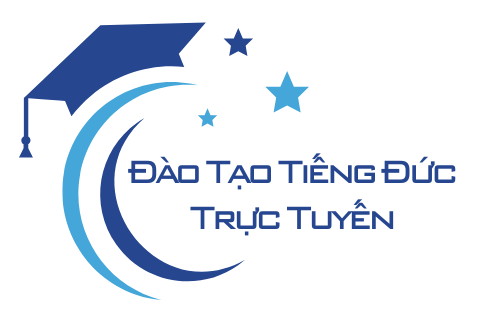Chưa phân loại
The Progression of International Exploration in 2025: Developments Influencing the Future of Discovery
The travel industry in 2025 stands at a crossroads of innovation and accountability. As global tourism rebounds to pre-pandemic levels, travelers and industry participants alike are steering a landscape transformed by sustainability imperatives, cutting-edge technologies, and changing visitor priorities.
## Sustainable and Planet-Conscious Travel
The imperative for sustainability has become a cornerstone of modern travel. By 2025, the tourism sector is projected to generate 6.5 billion metric tons of carbon emissions, necessitating swift interventions. Destinations like Costa Rica and Bhutan are pioneering this charge, with the latter maintaining its status as the world’s only emissions-reversing country through stringent guest quotas.
Revitalizing tourism models, such as New Zealand’s Māori-led sustainable excursions, are gaining traction. These projects reflect a broader shift: 73% of travelers now favor brands with robust sustainability practices.
## Customization and Made-to-Order Journeys
High-end exploration in 2025 is synonymous with hyper-personalization. Selective visitors seek profound experiences adapted to their unique interests. Companies like LuxGroup emphasize “responsible opulence,” merging luxury with local integration.
AI technology is reshaping trip planning, enabling dynamic itineraries that adjust to real-time preferences. This trend aligns with findings that 64% of luxury travelers prefer bespoke packages over standardized options.
## Preventing Overtourism Through Ingenuity
Overtourism remains a pressing issue, prompting travelers to seek “destination dupes” and off-peak travel. Cities like Ljubljana are alleviating congestion through vehicle-restricted areas and bike pathways.
Administrations are stepping in; Amsterdam and Majorca have enacted guest ceilings and conduct regulations to maintain local ecosystems.
## Technology’s Role in Frictionless Travel
AI’s influence spreads beyond personalization into operational efficiency. Virtual assistants handle 24/7 customer inquiries, while data projections optimize flight schedules and hotel pricing. VR technology previews allow travelers to “sample” destinations before booking.
Applications like Seven Corners optimize trip management, offering live information on weather, crowds, and transportation delays. Distributed ledger systems enhances clarity in carbon offset programs.
## Extended Visits and Cultural Immersion
The era of hectic vacations is fading. Luxury travelers are typically taking two-week stays to deepen cultural connections. Families are increasingly embracing “professional voyages,” blending remote work with extended stays.
## Occasion-Focused Travel and Novel Experiences
“Event hopping” has skyrocketed, with fans crisscrossing globes for major events. Astrotourism—exemplified by skywatching in Chile’s Atacama Desert—reflects expanding appeal in celestial phenomena.
## Wellbeing and Unplugged Retreats
Health-focused travel is evolving beyond wellness centers to encompass comprehensive wellness. Digital detoxes combine yoga with farm-fresh meals, aligning with a 95% surge in demand for wellness-focused itineraries.
## Financial Approaches and Budget-Aware Travel
Travelers are leveraging loyalty programs and packaged deals to optimize savings. Financial perks are being strategically redeemed for premium services, reflecting a shift toward “strategic indulgence”.
## Final Analysis
The travel landscape of 2025 is defined by its duality: a hunger for exploration tempered by ethical accountability. As destinations balance advancement with conservation, stakeholders can ensure tourism remains a link—not a obstacle—to a more integrated and conscientious world.
